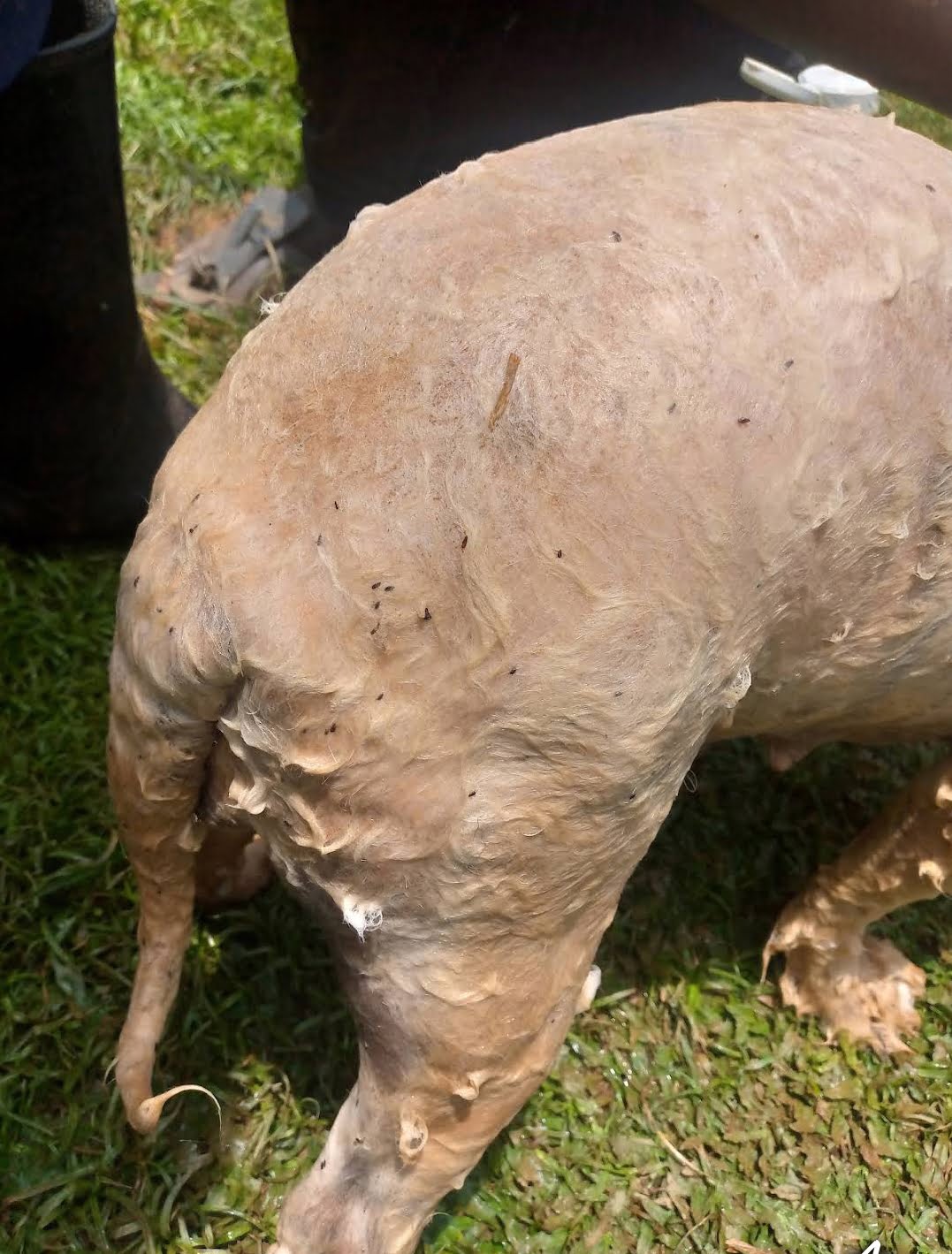
The best medicine for killing fleas on dogs and cats
Fleas are small, reddish brown, blood-sucking laterally flattened ectoparasites that infest domestic animals.
They are wingless and fast-moving insects. Therefore, they are difficult to spot and catch from the body of an animal.
The life cycle of fleas.
With a sufficient blood supply from your pet, a female flea can lay approximately 40 eggs per day on the skin and in the fur of the pet. As pets move, the laid eggs drop in different areas, e.g., grass, sofas, carpets, bedding, and dusty places.
Under favorable environmental conditions, the laid eggs can hatch within 2–3 days into larvae.
Larva stage: the larvae are legless and opaque; if exposed to warm and humid conditions within 5–20 days, the larvae develop into adult fleas after the pupae stage.
However, if the conditions are not favorable, the pupae can stay dormant for approximately 6 months when exposed to warm and humid conditions.
List of domestic animals affected by fleas
Dogs
Cats
Rabbits
Goats
Chickens
Turkeys
Sheep
Guinea pigs
Piglets
Parrots
Ducks
Pigeons
Mice e.t.c
How do I know if my dog or cat has fleas? (signs of flea infestation in dogs and cats)
Continuous scratching or biting of the skin by the pet.
Loss of hair
Red spots on the skin
Rubbing against objects
Fleas are macroscopic; they can be seen moving on the pet’s body.
Presence of flea poop (feces). They are black, solid particles noticed at the base of the hair. When dissolved in a small amount of water on a white background, they turn red.
Skin scabs and dandruff
Effects of fleas on dogs and cats
Anemia
Loss of body condition
Cause dermatitis and hair loss.
Discomfort
Unthriftiness
Transmit tapeworms to pets.
Treatment of fleas in dogs and cats.
Several drug forms are made to kill and prevent fleas, e.g., sprays, tablets, shampoos, and injections.
First, consult your veterinarian on the best drug form suitable for your pet. There are many factors vets base on to select the best drug form for your dog: these include the size of the animal, the type of animal, the number of fleas, the price of the drug, the number of dogs affected, environmental conditions, etc.
What are the commonly used drugs and management practices by vet doctors to kill or control fleas in dogs?
Anti-flea chewable tablets are given depending on the size of the pet. e.g., 5kg, 7–12 kg, 20kg, etc. The tablet is repeated after1-3 months.
Anti-flea pours on. The pour-on is put on the skin on body parts where a pet can’t lick, e.g., on the upper part of the head and neck. It spreads all over the body of the pet and protects for approximately 1–2 months, depending on the brand used.
Wash the pet with medicated shampoo. It’s done every 1-2 weeks until all fleas are eradicated.
Spraying the pet with anti-flea aerosols. Spray the pet until he or she is wet (do not allow the pet to lick himself or herself). Repeat after 1-2 weeks until all fleas are cleared.
Wash the pet bedding using medicated or hot water.
Application of anti-flea powder. The powder is put directly on the skin of the pet (not on the hair, and he or she should not lick himself or herself). Continuously repeat the same procedure every 1-2 weeks until all the fleas are killed.
Fleas are difficult to fully eradicate in dusty areas. Cement the dusty areas or regularly sprinkle paraffin in the dust to suffocate the laid eggs.
NB: Fleas are commonly confused with other ectoparasites. Please contact a nearby veterinarian or veterinary clinic for proper identification before any medications are taken.
Contact us call / WhatsApp +256771909946 for free consultations on the current state of your pet
Don’t forget to read the related posts below and share them with other responsible pet owners.
causes and treatment of hair loss in cats
Deworming schedule for puppies and adult dogs
What can I do to help my dog live longer?
Read about cataracts or cloudy eyes in cats
vaccination schedule for cats in Uganda
21 Questions to Ask Yourself Before Getting or Adopting a Dog
Read about the 5 killer diseases for dogs in Uganda
Vaccination schedule for dogs (puppies) in Uganda
Read about the causes and treatments of vomiting among dogs
Read about the cost of treating a dog in Uganda
Read about if humans can get parvo
Get know if teething can kill a puppy
Read about how puppies get parvo
Find the best treatment for parvo in dogs.
Read about the price of spaying a dog in Uganda
Read about the prices of vaccinating a dog in Uganda
Read about the price of parvo treatment in Uganda
Read about the treatment of intestinal adhesion in dogs.
Read about the causes and treatment of hernias in dogs.
Read about the causes and treatment of weight loss in dogs.
Read about the loss of hair in dogs.
Read about the causes and treatment of bad breath in cats.
Read about 10 simplified steps for grooming a pet.
Learn the 8 steps of trimming the nails of your dog.
Read the causes of scratching in dogs.
Read the causes and treatment of ear infections in dogs.
Read the causes, prevention, and treatment of bloat in dogs
Reab about the causes and treatments of curled toes in turkeys
Read about causes and treatment of cancers in dogs
Vaccination schedule for dogs (puppies) in Uganda
